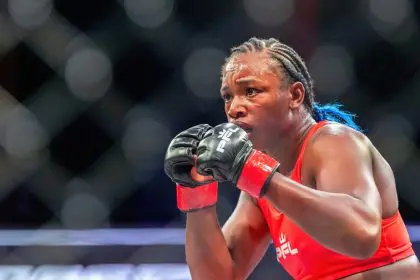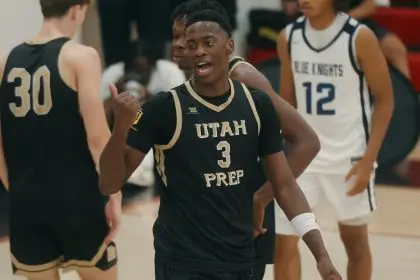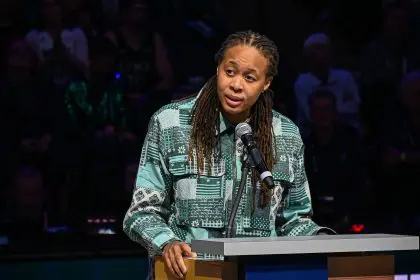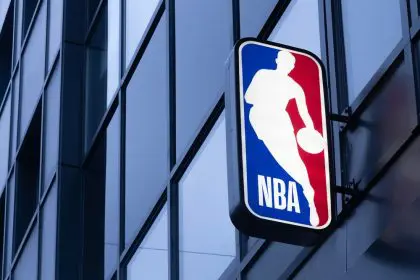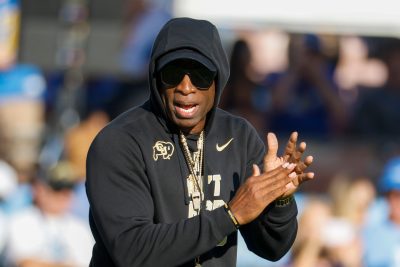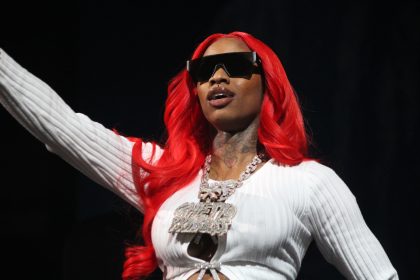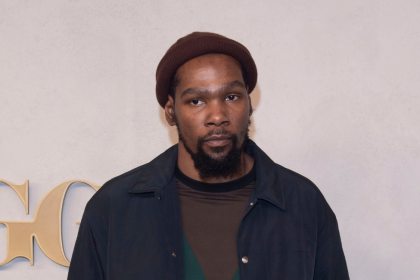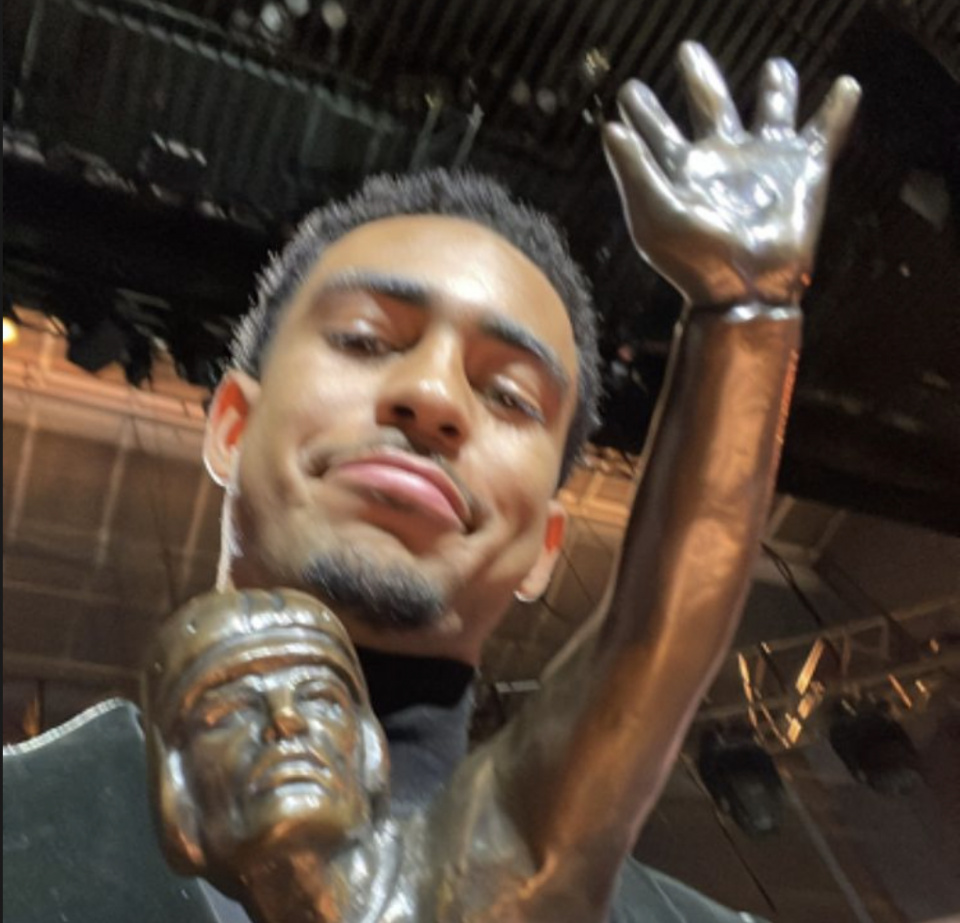
Well, that didn’t last long.
When Alabama quarterback Bryce Young signed for $800,000 in Name, Image and Likeness deals — headlined by Cash App — this summer before even taking a snap, skeptics across the landscape of college football voiced their concern, including the Crimson Tide coach himself.
“This is going to create an imbalance in that to some degree,” Alabama coach Nick Saban said in July, according to AL.com. “I hope it doesn’t affect team chemistry across the board, in terms of how people respond to that and how players respond to that.”
Alabama players “responded” to Young’s deals by winning the SEC championship and advancing to the College Football Playoff.
As for Young? He won the Heisman Trophy on Dec. 11.
“For me, I’ve always been labeled as someone who’s not the prototype,” Young, a six-foot sophomore, said during his acceptance speech. “Being an African American quarterback and being ‘undersized’ and not being that prototype [quarterback]. I’ve always been ruled out and counted out. People a lot of times have told me that I wasn’t going to be able to make it, and for me, it’s not always about proving them wrong, but proving to myself what I can accomplish.”
Young’s win proved his gridiron doubters wrong, but even more, it did the same for off-field naysayers.
His win validates the groundbreaking concept that college athletes can indeed make money from their impact in the billion-dollar industry of college athletics while continuing to excel in performances.
Continue reading on the next page.


